The RIDE (Reduce Impaired Driving Everywhere) program in Ontario is a police initiative aimed at deterring and catching intoxicated drivers.
If you have been arrested for impaired driving in Ontario , it’s crucial to understand your rights under this program, which are shaped by legislation and previous legal cases.
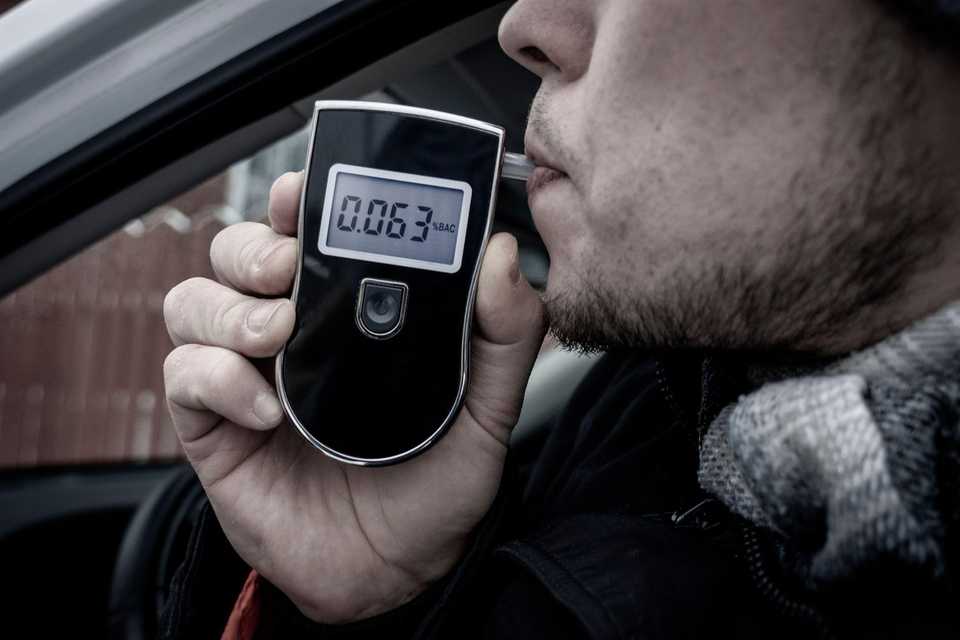
JuriGo is here to guide you through all the laws that outline your rights under the RIDE program!
What’s the RIDE program and how does it work?
The primary piece of legislation governing Ontario’s RIDE program is the Highway Traffic Act, 1990 . This Act gives police officers permission to stop drivers to determine if there’s any suspicion that they might be driving under the influence of alcohol or drugs.
If the police officer identifies reasonable grounds to suspect that you are driving while intoxicated, they may require you to take an alcohol or drug test as prescribed by the Criminal Code .
What happens if you’re asked to take a police breathalyzer test?
This initial test is done using a portable device that provides officers with a quick read of your blood alcohol level.
| Important! If the officer decides to go ahead with the breath test and it indicates a “warn” or “alert,” or if your blood alcohol concentration (BAC) is shown to be 50 milligrams or more of alcohol per 100 millilitres of blood, they can ask you to surrender your driver’s license . |
|---|
Secondary breath test
If the initial test suggests you might be over the legal limit, you will be asked to take another test with a more precise instrument . The request for this test should be made immediately after the officer asks for your license.
The result of the second test is the one that counts. If this second test confirms that your BAC is 50 milligrams or more of alcohol per 100 millilitres of blood, you will likely face legal consequences.
On the other hand, if the second test shows a lower BAC, any suspension based on the first test may be terminated.
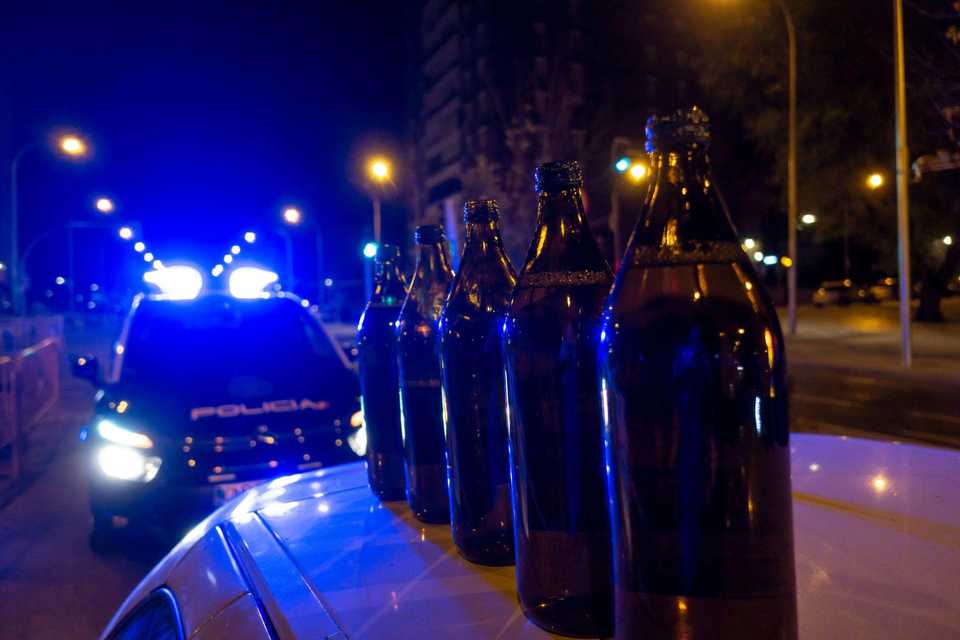
What about drug tests?
Similar to alcohol, if an officer suspects that you have been operating a vehicle under the influence of drugs within the last three hours, they can demand you to undergo physical coordination tests or provide bodily substance samples for analysis .
If, after this evaluation, it’s believed that certain types of drugs, such as cannabis, hallucinogens, or narcotics, are impairing your ability to drive, you may be required to provide further samples for analysis. If blood samples are taken, one sample should be retained for possible re-analysis at your request.
Failing or refusing to comply with the demands for drug tests or samples can have legal consequences . Such non-compliance is admissible in court and could negatively impact your case.
DUI License suspension in Ontario
Following a confirmed high BAC from the secondary test, you’ll be asked to hand over your driver’s license there and then. At that point, your license gets suspended immediately, regardless of whether you actually hand it over or not.
The length of the suspension varies: three days for a first-time offence, seven days for a second offence, and 30 days for a third or subsequent offence .
If you’re already facing a suspension under other related provisions, any new suspension under the impaired driving laws will run at the same time as the existing one(s).
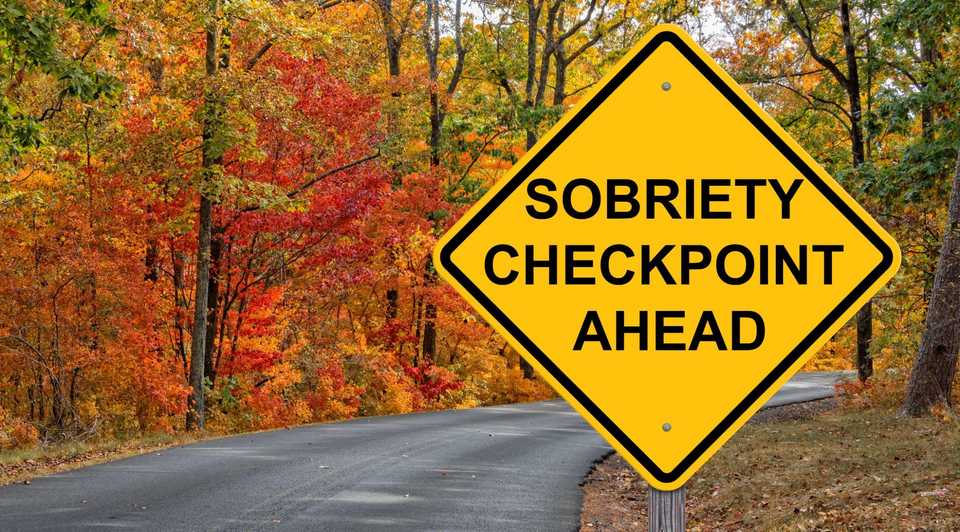
Additionally, when determining the length of a suspension, previous suspensions that took place more than five years ago, or before certain dates, are not considered.
In cases where a driver is found with a BAC of 80 milligrams or more per 100 millilitres of blood, or if they refuse to provide a sample for alcohol testing, their license will be suspended for 90 days . This strict measure will also waive your right to a hearing before the suspension.
No appeal or hearing
There is no option to appeal or have a hearing regarding the suspension of your license under certain sections of the Highway Traffic Act.
This underscores the seriousness of impaired driving offences, as suspensions serve to protect both the individual and the public. It is also important to note that this suspension is not a substitute for any other legal proceedings or penalties that may arise from the same incident .
What happens once your license is suspended?
If this occurs, the police officer is required to provide you with a written statement regarding the suspension .
They must also notify the Registrar of Motor Vehicles about the suspension, keep a record of the license provided, and forward any other necessary information to the Registrar.
In these cases, the police officer can still require you to surrender other documents or submit your vehicle to examinations and tests as authorized under other laws.
Vehicle removal
If your vehicle is in a place from where it should be removed and no one else can lawfully do it, the officer may have your vehicle removed and stored , notifying you about its location.
Any costs incurred in moving and storing the vehicle are your responsibility and are held as a lien on the vehicle.
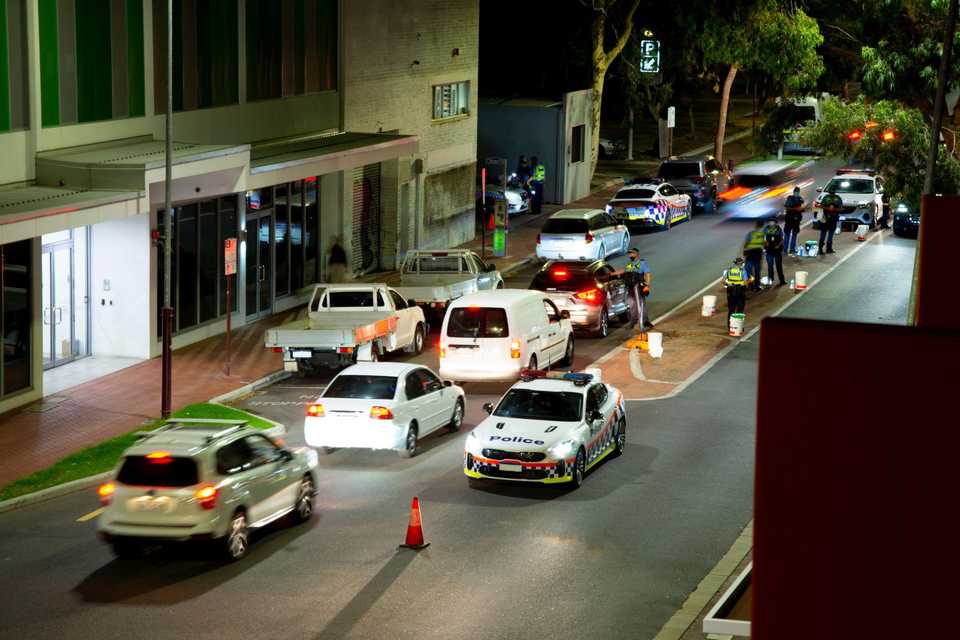
What happens if you’re from another province or country and are caught for impaired driving in Ontario?
If you hold a driver’s license from another province or country, your driving privileges in Ontario will be suspended, not your actual license . The suspension period follows the same rules as for Ontario drivers.
Additional DUI laws for novice or young drivers!
Novice drivers
If a police officer stops a novice driver and suspects that the supervising accompanying driver has consumed alcohol, they can demand a breath sample from the accompanying driver .
Young drivers
The law considers someone under the age of 22 years old a ‘young driver’. When a young driver is stopped by a police officer, different procedures may apply.
If the breath test shows no alcohol but the officer still suspects alcohol consumption, a second test can be demanded. If any test indicates the presence of alcohol, the young driver must surrender their license.
Limits to the RIDE program: where and how can the police stop you?
In early 2023, the Supreme Court of Canada limited certain powers of police officers to conduct random sobriety tests in their decision of the R. v. McColman case.
They determined that since the Highway Traffic Act defines “driver” as someone who operates, has care, or control of a vehicle on a highway, the location of the driving or control is still restricted to a highway.
In other words, if a person is in control of a vehicle but isn’t on a highway, they aren’t considered a “driver” under the Highway Traffic Act sections that enable the RIDE program.
This distinction is vital because it helps define the boundaries of where the police can exercise their power to conduct random sobriety stops.
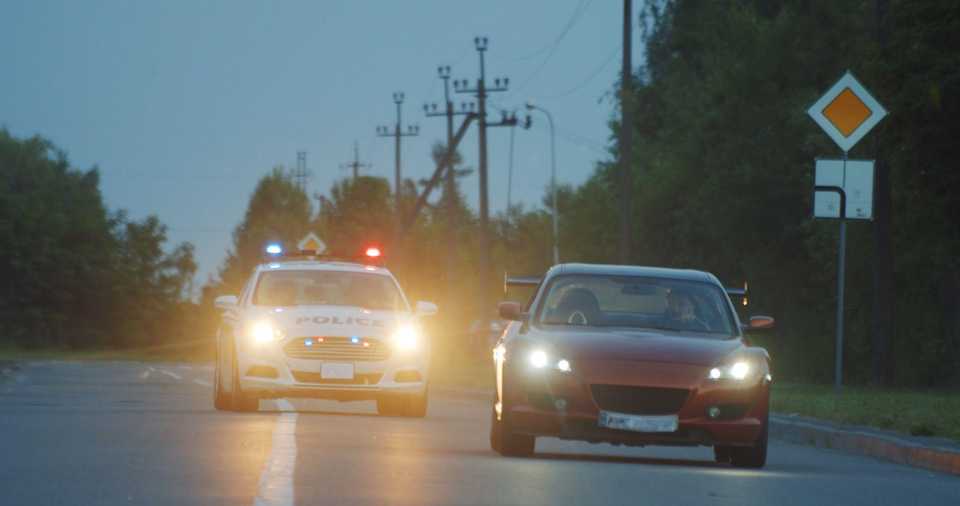
In addition, the Supreme Court clarified that police cannot use their authority to conduct these stops on private property.
They also pointed out that when police officers enforce the RIDE program, they must at least signal or request the driver to stop on a highway. This communication requirement ensures that the intention to conduct a random sobriety check is clear and carried out as defined in the law.
Cases like this are a testament to how a word’s definition can significantly affect law enforcement practices and individual rights.
Arrested for DUI? Find a lawyer near you with JuriGo!
If you find yourself in this type of situation, JuriGo can connect you with the best DUI lawyers in Ontario to guide you through the process.
Fill out the simple form below and get matched with the perfect lawyer tailored to your unique situation! Our service is free of charge and with no obligations!